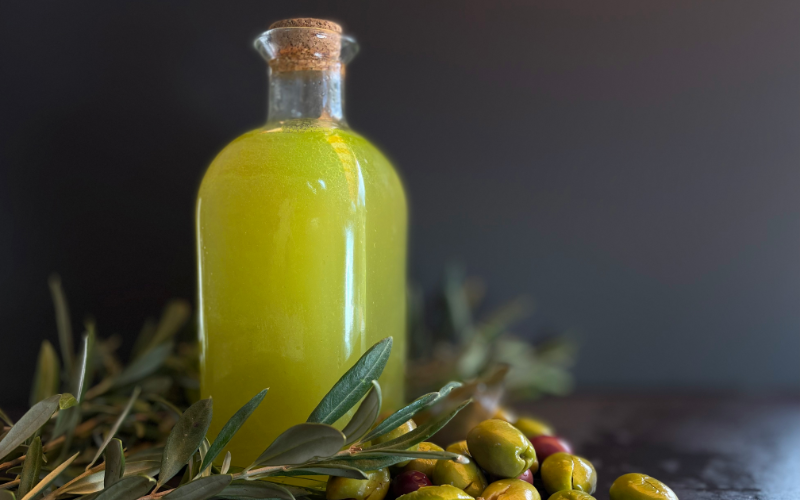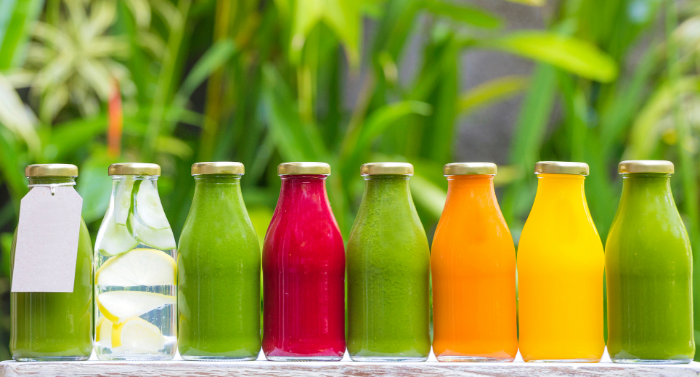
You’ve probably seen it on trendy juice bottles, olive oil labels, and even skincare products. But what does cold pressed really mean?
Is it just a marketing buzzword, or does it hold the key to a healthier and more flavorful culinary experience? Let’s dig in and explore the fascinating world of cold pressing.
Defining Cold Pressed
Alright, let’s start with the basics. Cold pressing is a method of extracting liquids, usually oils or juices, without using heat. The process involves crushing or grinding fruits, seeds, or nuts at a slow speed to maintain a low temperature, typically below 120°F (49°C).
Unlike traditional methods that involve heat or chemicals, cold pressing is all about preserving the natural flavors, nutrients, and goodness of the raw ingredients.
Cold Pressed Juices
When it comes to cold pressed juices, the technique is a game-changer. Picture this: a pile of fresh fruits and veggies gently squeezed to release their vibrant colors and rich nutrients, all without the interference of heat.
The result? A refreshing elixir that captures the essence of the ingredients in a way that traditional juicing methods can’t quite match.
In the cold press process, a hydraulic press or a slow auger juicer is commonly used. This gentle extraction method minimizes oxidation and preserves the enzymes, vitamins, and minerals present in the fruits and vegetables.
The outcome is not just a beverage but a nutrient-packed potion that can invigorate your body and tantalize your taste buds.
Cold Pressed Oils

Whether it’s olive oil, coconut oil, or almond oil, the cold pressing method has found its way into the world of culinary oils. The process involves mechanically pressing the oil-bearing seeds or fruits at low temperatures, ensuring that the delicate flavors and nutritional value remain intact.
Cold pressed oils are celebrated for their purity and authenticity. The absence of heat in the extraction process prevents the alteration or degradation of the oil’s natural composition.
This not only preserves the distinct flavor profiles but also retains the antioxidants and healthy fats that make these oils not just a cooking ingredient but a nutritional powerhouse.
Health Benefits
Now that we know what cold pressed means, let’s talk about why it matters, especially in the context of health. The absence of heat during extraction plays a pivotal role in maintaining the nutritional integrity of the final product. Cold pressed juices, for instance, are brimming with vitamins, enzymes, and antioxidants that can contribute to overall well-being.
Similarly, cold pressed olive oils are hailed for their heart-healthy monounsaturated fats and polyphenol content. These oils are not just a medium for cooking; they’re a nutritional boost that can enhance your dishes while supporting your health goals.
Beyond the Kitchen: Cold Pressed in Skincare
Surprisingly, the cold pressing technique has transcended the culinary world and made its mark in skincare.
Cold pressed oils, such as argan oil and jojoba oil, have become staples in natural skincare routines. The process ensures that the oils retain their natural properties, making them ideal for moisturizing, nourishing, and rejuvenating the skin.
So, there you have it – the lowdown on what cold pressed really means. Whether you’re sipping on a revitalizing juice, drizzling cold pressed extra virgin olive oil over a salad, or incorporating cold pressed oils into your skincare routine, you’re indulging in a culinary craft that values authenticity, flavor, and health.
So, the next time you come across the term “cold pressed,” you’ll know it’s not just a fancy label but a commitment to preserving the essence of what nature has to offer.
Please comments, questions or suggestions below.
Tom – Olive Oil Lover


